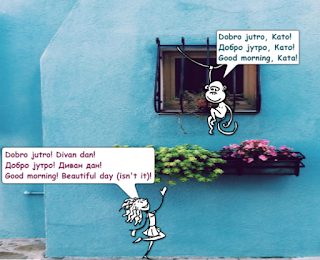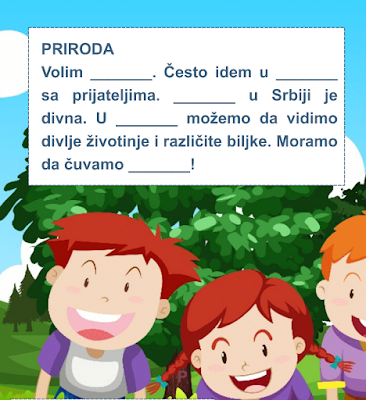Serbian Reading Comprehension
Ovo je jedna vrlo vežba za koju vam nije dovoljno samo dobro poznavanje srpskog jezika, već i izuzetno izoštreni kriterijumi kritičnog mišljenja. Tema je veoma ozbiljna - brazilski orah.Serbian Reading Comprehension - Highly Advanced
Pročitajte kratke tekstove na istu temu sa nekoliko sajtova i odgovorite na pitanja ispod.
TEKST A (izvor: BastaBalkana )

TEKST B (izvor: Mondo)
TEKST C (izvor: B92)
TEKST D (izvor:Ženars )
Serbian Reading Comprehension - Critical Thinking
- O kojoj biljci se radi?
- Zašto je ona korisna?
- Zašto je štetna?
- Koliki je maksimalan preporučen unos?
- Zašto ne treba jesti više od preporučene doze?
- Koji tekst vam najviše uliva poverenje?
- Koju preporuku biste poslušali i zašto?

.png)











































